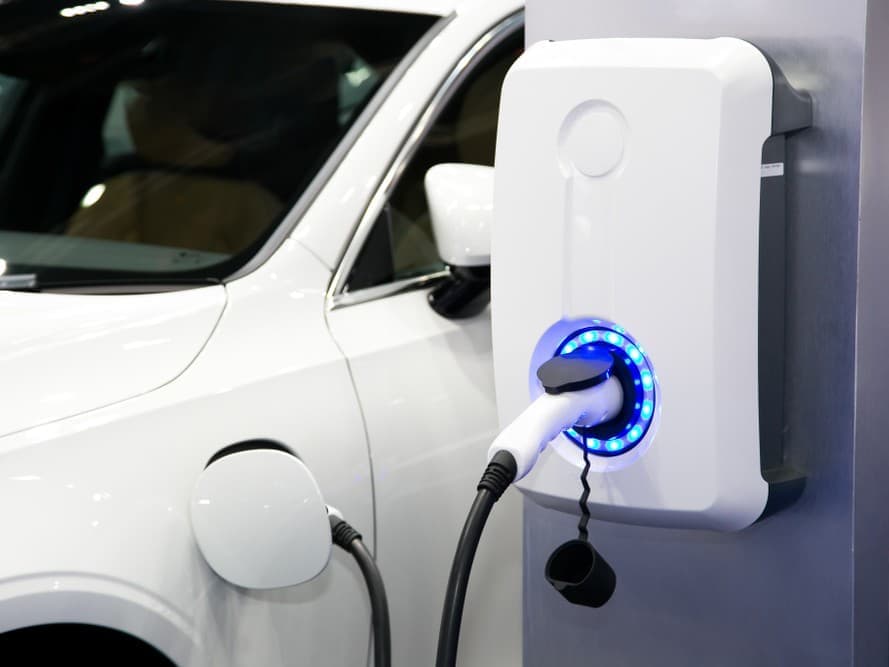The U.S. government has unveiled tighter rules on electric vehicle (EV) tax credits to curb the nation’s reliance on China’s EV battery supply chains.

As part of President Joe Biden’s push to make 50% of U.S. new vehicle sales EVs or plug-in hybrids by 2030, the new sourcing requirements will reduce or eliminate credits on some zero-emission models.
The new guidance, issued by the U.S. Treasury Department, includes requirements for the procurement of critical minerals and battery components and aims to increase domestic supply chains for these commodities.
The Biden administration’s $430 billion Inflation Reduction Act (IRA), signed last August, eliminates the sales cap for EV manufacturers while including North American assembly requirements for qualifying vehicles.
It also imposed new conditions on EV credits, including price and buyer income eligibility caps from January 1st and now battery and critical mineral sourcing rules, which will go into effect on April 18th.
Alliance for Automotive Innovation CEO, John Bozzella, noted “Some EVs will certainly qualify for a partial credit. Given the constraints of the legislation, Treasury’s done as well as it could to produce rules that meet the statute and reflect the current market.”
Bozella added that the assembly requirements have already eliminated 70% of models eligible for the full $7,500 credit.
To secure a tax credit worth $3,750, EV battery components worth 50% of the total value must be manufactured or assembled in North America, as the Inflation Reduction Act (IRA) stipulated.
Along with this, the sourcing of critical minerals used in battery production must come from an eligible free trade partner or the United States, constituting 40% of the value of these minerals.
To counter the over-dependence on China for the supply of critical minerals used in batteries for electric vehicles (EVs), Japan and the United States have teamed up through a bilateral deal to work on sourcing such minerals.
The move involves the removal of export tariffs on the traded EV minerals, establishing similar labor standards in their respective mining sectors, and making Japan an eligible mineral supplier.
By Michael Kern for Oilprice.com





